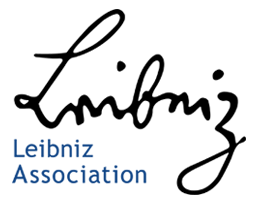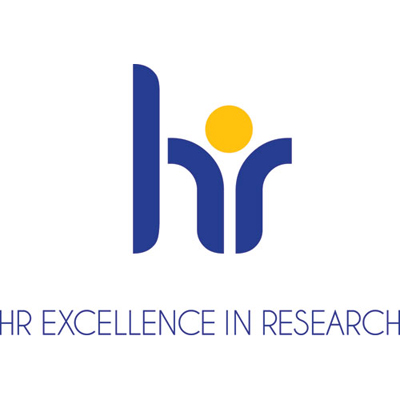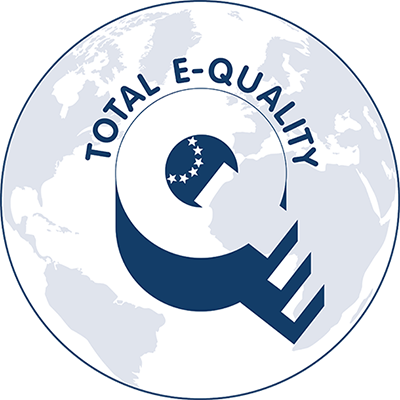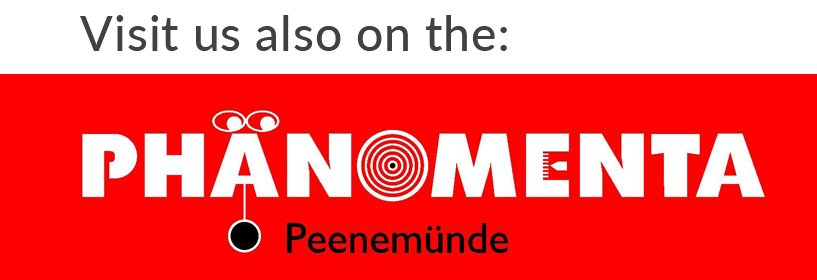Teaching - Professorships
Through joint professorships at the University of Greifswald and Rostock, the Leibniz Institute of Plasma Science and Technology contributes significantly to the continuous scientific exchange in the field of low temperature plasmas. Thus, the special research focus on plasma physics not only enriches university teaching and improves the possibilities for attracting suitable young scientists, but also results in synergy effects in the field of research. The professors of INP are internationally recognized in the field of low temperature plasmas and represent plasma physics in its entire breadth also in teaching. Below you will find current information about regular teaching events in the field of plasma.
University of Greifswald
COURSES
Plasma Technology
What: Block course
When: regular in every winter semester/ announcement via notice board Institute of Physics
Where: INP in Greifswald
Target group: Students of Physics, Bachelor of Science and Physics, Master of Science
Project Management - Introduction for Natural Scientists
What: Block event
When: regular in every summer semester/ announcement via "black board" Institute of Physics
Where: INP in Greifswald
Target group: Students of Physics, Bachelor of Science and Physics, Master of Science
Career Orientation
What: Block event
When: regularly in every winter semester
Where: INP in Greifswald
Target group: Students of Physics, Bachelor of Science and Physics, Master of Science
Chair holder:
Prof. Dr. Klaus-Dieter Weltmann
Leibniz Institute for Plasma Science and Technology e.V.
Felix-Hausdorff-Str. 2
17489 Greifswald
Phone: +49(0) 3834 554 310
weltmanninp-greifswaldde
COURSES
Introduction to Plasma Medicine
What: optional lecture
When: regular in every summer semester
Where: INP, University of Greifswald or digitally
Target group: Students of medicine, dentistry, human biology
Chair holder:
Prof. Dr. Thomas von Woedtke
Leibniz Institute for Plasma Science and Technology e.V.
Felix-Hausdorff-Str. 2
17489 Greifswald
Phone: +49 3834 - 554 445
woedtkeinp-greifswaldde
University of Rostock
The Chair of High Voltage and High Current Engineering at the Faculty of Computer Science and Electrical Engineering at the University of Rostock, including two laboratories, is operated in cooperation between the University of Rostock and INP Greifswald. Teaching activities in the Master's program include fundamentals of high voltage and high current engineering as well as specializations in switchgear and circuit breaker technologies and high voltage isolation. Current research focuses include experimental analysis and modeling of switching arcs in high-, medium- and low-voltage switches and arresters, including the investigation of vacuum arcs, the investigation of insulating materials and electrical equipment with respect to strength and aging behavior, especially by means of partial discharge diagnostics, and the investigation of the long-term stability of electrical contacts and connections. The research activities are integrated into the research focus "Welding and Switching" at INP and take place in laboratories in Rostock (high current & high voltage laboratory) as well as at INP (Arc Research Laboratory), which are assigned to the department "Plasma Radiation Technology".
What: Lecture and Tutorial (both in English).
When: regularly in every winter semester
Where: University of Rostock
Target group: students of the study programs Electrical Engineering, Master (2019) and Industrial Engineering, Master
Chair holder:
Prof. Dr. Dirk Uhrlandt
Joint laboratories of INP and the University of Rostock at the Chair of High Voltage and High Current Engineering Institute of Electrical Power Engineering.
University of Rostock
Tannenweg 22 und Albert-Einstein-Str. 2
18059 Rostock
Leibniz Institute for Plasma Research and Technology e.V.
Research Area Manager Materials & Energy
Phone: +49 3834 - 554 461
uhrlandtinp-greifswaldde
The professorship for applied physics in the field of bioelectrics at the University of Rostock deals with the investigation of the interaction of electrical stimulation with cells and tissues. Stimuli of interest are non-thermal plasmas but especially pulsed electric fields. Mechanisms investigated are in particular molecular processes at cell membranes and cell constituents and thereby directly and causally related biochemical and biological processes. These include charging processes, the possible membrane por tion and the transport processes provoked by these processes. Current research topics include the influence of pulsed electric fields on the cohesion and communication of cells in tissues, the analysis of dielectric tissue properties, e.g. bone, by impedance spectroscopy, and transient changes in the structure of biomolecules in strong electric fields. Biological and biophysical principles related to the research topic are covered in the lecture "Molecular and Cellular Biophysics" of the International Master Program "Physics of Life, Light and Matter". Lecture and research area have a strong interdisciplinary orientation and research activities are accordingly linked to the activities of the Department Life, Light, Matter (LL&M) of the Interdisciplinary Faculty of the University of Rostock.
COURSES
What: Lecture and tutorial (both in English)
When: regularly in every winter semester
Where: University of Rostock
Target group: Students of the Physics of Life, Light and Matter, Master and Physics, Master programs
Chair holder:
Prof. Dr. Jürgen Kolb
Interdisciplinary Faculty of the University of Rostock - Institute of Physics
Albert-Einstein-Str. 23-24
18059 Rostock
Leibniz Institute for Plasma Research and Technology e.V.
Head of research decontamination
Phone: +49 3834 - 554 3950
juergen.kolbinp-greifswaldde
The professorship "Plasmas for Surfaces" at the Institute of Physics of the Faculty of Mathematics and Natural Sciences of the University of Rostock is concerned with the fundamentals of technical plasmas, which are used, among other things, in surface treatment, environmental technology or plasma chemical synthesis. The focus is on non-thermal plasmas at atmospheric pressure.
In addition to applications, the main focus is on how plasma-wall interaction processes affect plasma properties in the bulk. For example, the discharge regime can be modified by surface processes. A variety of plasma diagnostic methods are available for the investigation of the plasmas. The research activities are integrated into the research focus "Plasma Chemical Processes" at INP in Greifwald.
The current teaching program includes advanced methods for micro- and nanotechnology in material synthesis and surface processing, including plasma methods, as well as for the analysis of micro- and nanostructured surfaces and materials, primarily microscopy. In addition, experiments are offered in the advanced practical course.
COURSES
Nanotechnology in Materials Synthesis
What: Lecture and tutorial (both in English).
When: regular in every winter semester
Where: University of Rostock
Target group: students of physics, Master
Chair holder:
Prof. Dr. rer. nat. habil. Ronny Brandenburg
Faculty of Mathematics and Natural Sciences of the University of Rostock - Institute of Physics
Albert-Einstein-Str. 23-24
18059 Rostock
Leibniz Institute for Plasma Research and Technology e.V.
Head of the research group Plasma Chemical Processes
Phone: +49 3834 - 554 3818
brandenburginp-greifswaldde
The professorship for "Translational Plasma Research" and head of the "Plasma Medicine Section" at the Clinic and Polyclinic for Dermatology and Venereology at Rostock University Medical Centre is concerned with investigating the interaction of cold, physical plasmas (medical plasma technology, CAP) with disease-associated cells and tissues. This applies both to established clinical plasma procedures, e.g. to support the healing of acute and chronic wounds, as well as experimental areas of application, which include inflammation-associated diseases and cancer. Molecular and cell biology methods are used to characterise the cell biological and immunological consequences after plasma treatment. 2D and 3D cell cultures, in ovo models, animal models and patient samples are used as research models. The research work is carried out in close co-operation with the 'Plasma Redox Effects' group at the INP in Greifswald. The fundamentals and application examples of the strongly interdisciplinary field of plasma medicine research are inherently linked to the research foci of the University of Rostock "Life, Light, Matter" and "HealthTech Medicine" of the University Medical Centre Rostock.
COURSES
What: Lecture and practical course
When: Regularly every winter semester
Where: Rostock University Medical Centre
Target Group: Students of the degree programmes Medicine and Medical Biotechnology
Chair holder
Prof. Dr rer. nat. Sander Bekeschus
Clinic and Polyclinic for Dermatology and Venereology (DUK), Rostock University Medical Centre
Strempelstr. 13
18057 Rostock
Leibniz Institute for Plasma Research and Technology e.V.
Group Leader and Head of Department at ZIK plasmatis
Phone: +49 3834 - 554 3948
sander.bekeschusinp-greifswaldde / sander.bekeschusmed.uni-rostockde



































